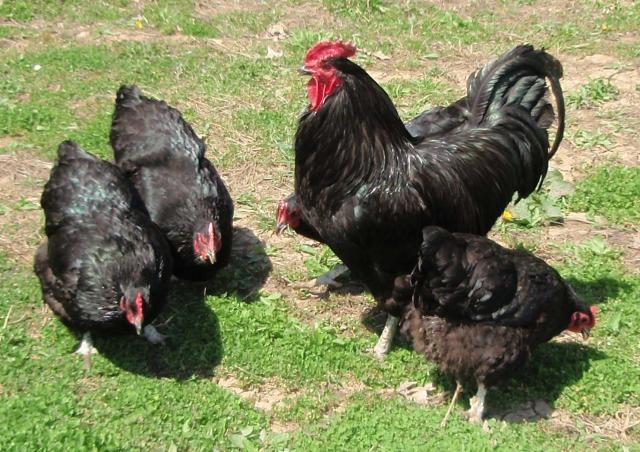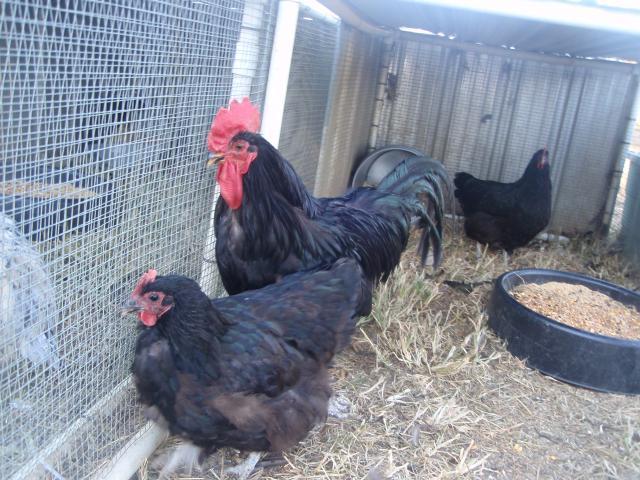I'm no expert either, but full of questions like everyone should be that's interested in the unknown. I'm looking at the new addition of the American Standard of perfection that arrived today. Like before the only 2 colors recognized by the standard are Black and Mottled....just sayin....also the main disqualifications for the blacks are more that 1/2 inch of positive white in the plumage, two or more feathers tipped or edged with positive white; skin or bottoms of feet showing complete absence of yellow....just sayin.... also the mottled are disqualified for any red or yellow in the plumage, and the feet are the same as blacks.....
My question is why would you worry about the red neck feathers on a black bird? It also states an adult bird grows 3 sets of feathers, which can differ from the previous one....are we to quick to judge the true color here, if culling is prior to that?...
Just some of my thoughts, that's all.
~ bigzio
My question is why would you worry about the red neck feathers on a black bird? It also states an adult bird grows 3 sets of feathers, which can differ from the previous one....are we to quick to judge the true color here, if culling is prior to that?...
Just some of my thoughts, that's all.
~ bigzio




